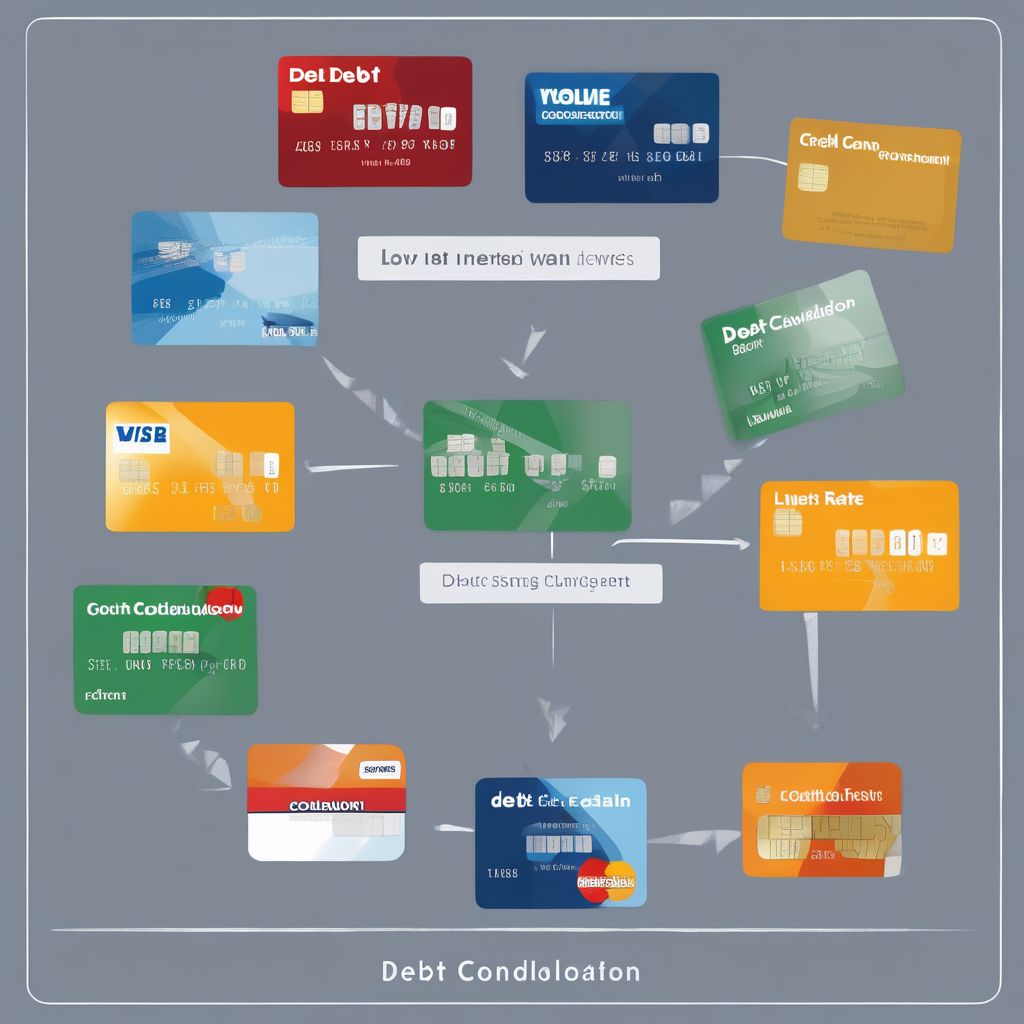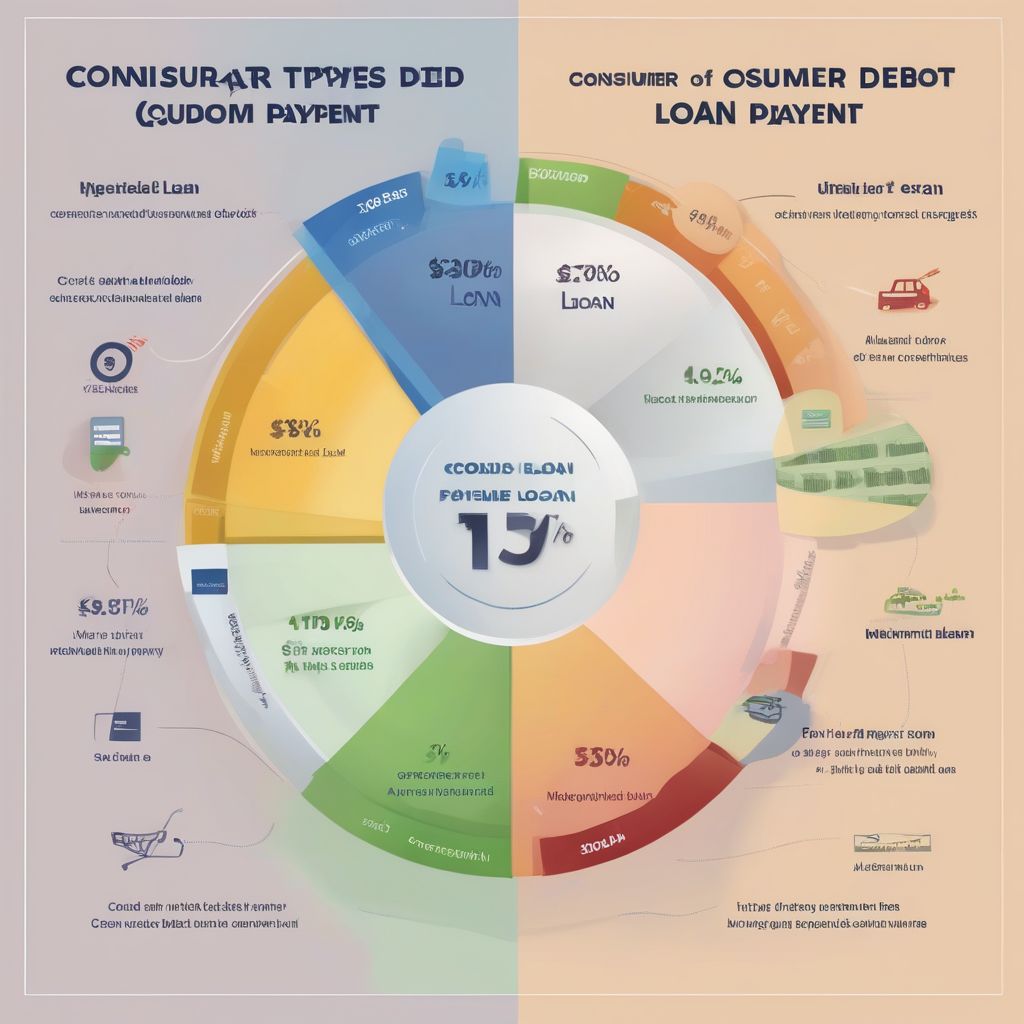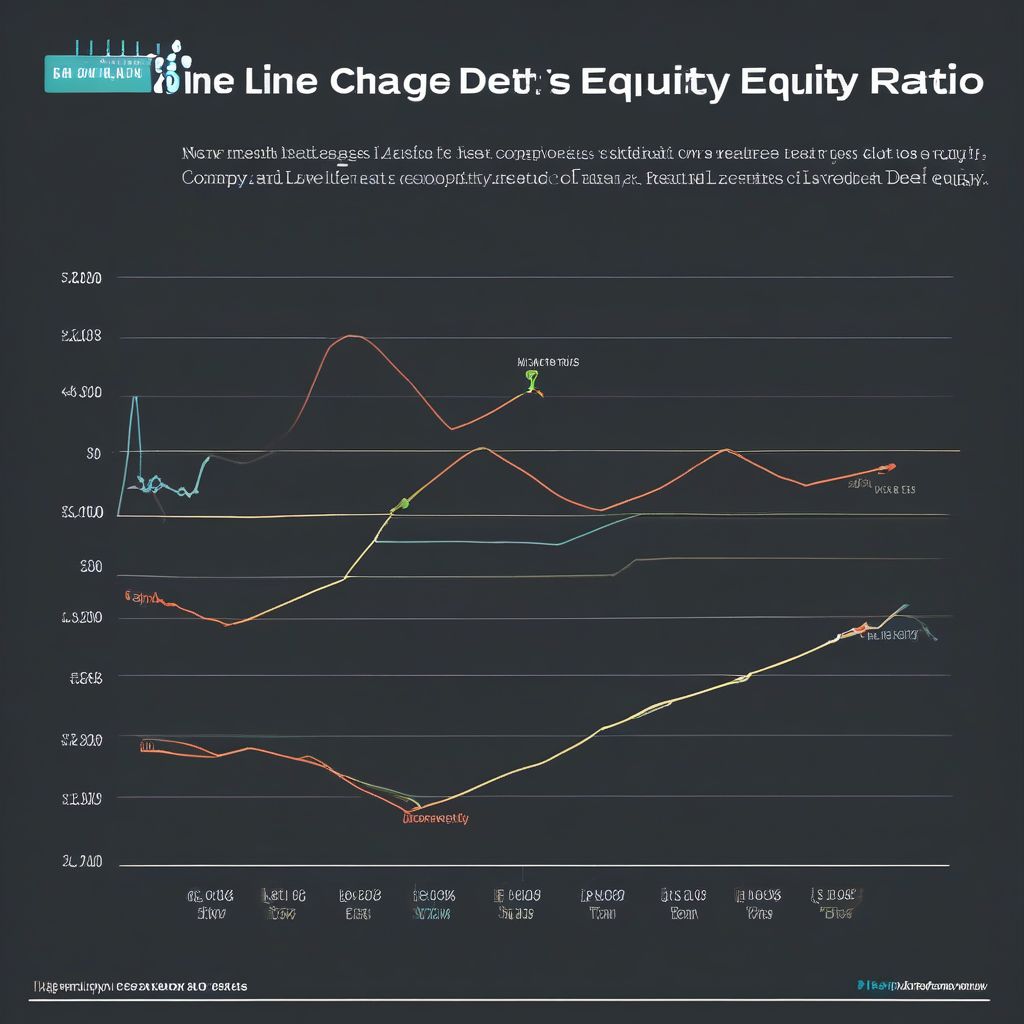Navigating the complexities of debt can feel overwhelming. When multiple bills pile up, it’s natural to seek a streamlined approach to manage finances. This is where debt consolidation comes into play, offering a potentially simpler path towards financial freedom. One widely recognized name in this domain is Lexington Law, a credit repair company offering debt consolidation as part of its services. But how does sonneriesvip.com/lexington-law-debt-consolidation/">Lexington Law Debt Consolidation work, and is it the right choice for your individual financial situation?
Understanding Debt Consolidation
Before delving into the specifics of Lexington Law, let’s first clarify what debt consolidation entails. In essence, it involves taking out a new loan to pay off multiple existing debts. This leaves you with a single monthly payment, ideally at a lower interest rate, making repayment more manageable.
Imagine juggling several credit card payments, each with varying interest rates and due dates. Debt consolidation aims to simplify this by combining these debts into one new loan, potentially simplifying your finances and potentially saving you money on interest payments over time.
Lexington Law Debt Consolidation: A Closer Look
Unlike traditional lenders, Lexington Law doesn’t directly provide debt consolidation loans. Instead, they function as a credit repair company that assists individuals in improving their credit scores. A higher credit score can enhance your chances of securing lower interest rates on loans, including those intended for debt consolidation.
Here’s how Lexington Law approaches debt consolidation:
- Credit Report Analysis: They start by thoroughly examining your credit reports from the three major credit bureaus (Equifax, Experian, and TransUnion) to identify any inaccuracies or negative marks impacting your credit score.
- Dispute Resolution: Lexington Law challenges these inaccuracies on your behalf, leveraging their expertise in credit reporting laws to potentially remove negative items and boost your creditworthiness.
- Financial Education and Guidance: They provide resources and counseling to help you understand your credit score, develop healthy financial habits, and explore suitable debt relief options, which might include recommending a debt consolidation loan from a third-party lender.
Is Lexington Law Debt Consolidation Right for You?
Determining if Lexington Law’s approach is suitable for your financial situation requires careful consideration of your individual needs and circumstances:
Pros:
- Potential Credit Score Improvement: By addressing inaccuracies on your credit report, Lexington Law can contribute to a better credit score, increasing your likelihood of qualifying for lower interest rates on consolidation loans.
- Professional Expertise: Navigating credit report disputes can be complex and time-consuming. Lexington Law’s team of professionals handles this process on your behalf.
- Financial Education: Their resources and guidance can empower you to make informed decisions about your finances, even beyond debt consolidation.
Cons:
- No Direct Loans: Remember, Lexington Law doesn’t offer loans directly. They facilitate credit repair, potentially making it easier to secure a consolidation loan from a third-party lender.
- Costs Involved: Lexington Law’s services come with fees. Consider these costs carefully and compare them to potential savings from debt consolidation to ensure it aligns with your budget.
- Time Commitment: Credit repair takes time. While Lexington Law works diligently, visible improvements to your credit score might take several months or even longer.
Exploring Alternatives to Lexington Law
The realm of debt consolidation extends beyond Lexington Law. Other options to explore include:
- Balance Transfer Credit Cards: These cards often offer introductory periods with 0% APR, allowing you to transfer existing balances and potentially save on interest if you can repay the debt within the promotional period.
- Personal Loans: Banks, credit unions, and online lenders offer personal loans that can be used for debt consolidation. Shop around for competitive interest rates and terms.
- Debt Management Programs: Non-profit credit counseling agencies provide debt management plans, working with your creditors to negotiate lower interest rates or monthly payments.
Making Informed Financial Decisions
Navigating the world of debt consolidation necessitates careful research and consideration. While Lexington Law’s credit repair services can be valuable, it’s crucial to weigh their fees against potential benefits. Remember that improving your credit score requires time and effort. Explore all available options, including balance transfers, personal loans, and debt management programs, to determine the best fit for your financial goals and circumstances.
Always conduct thorough research, compare offers from various lenders, and seek guidance from trusted financial advisors to make informed decisions that pave the way for a brighter financial future.




